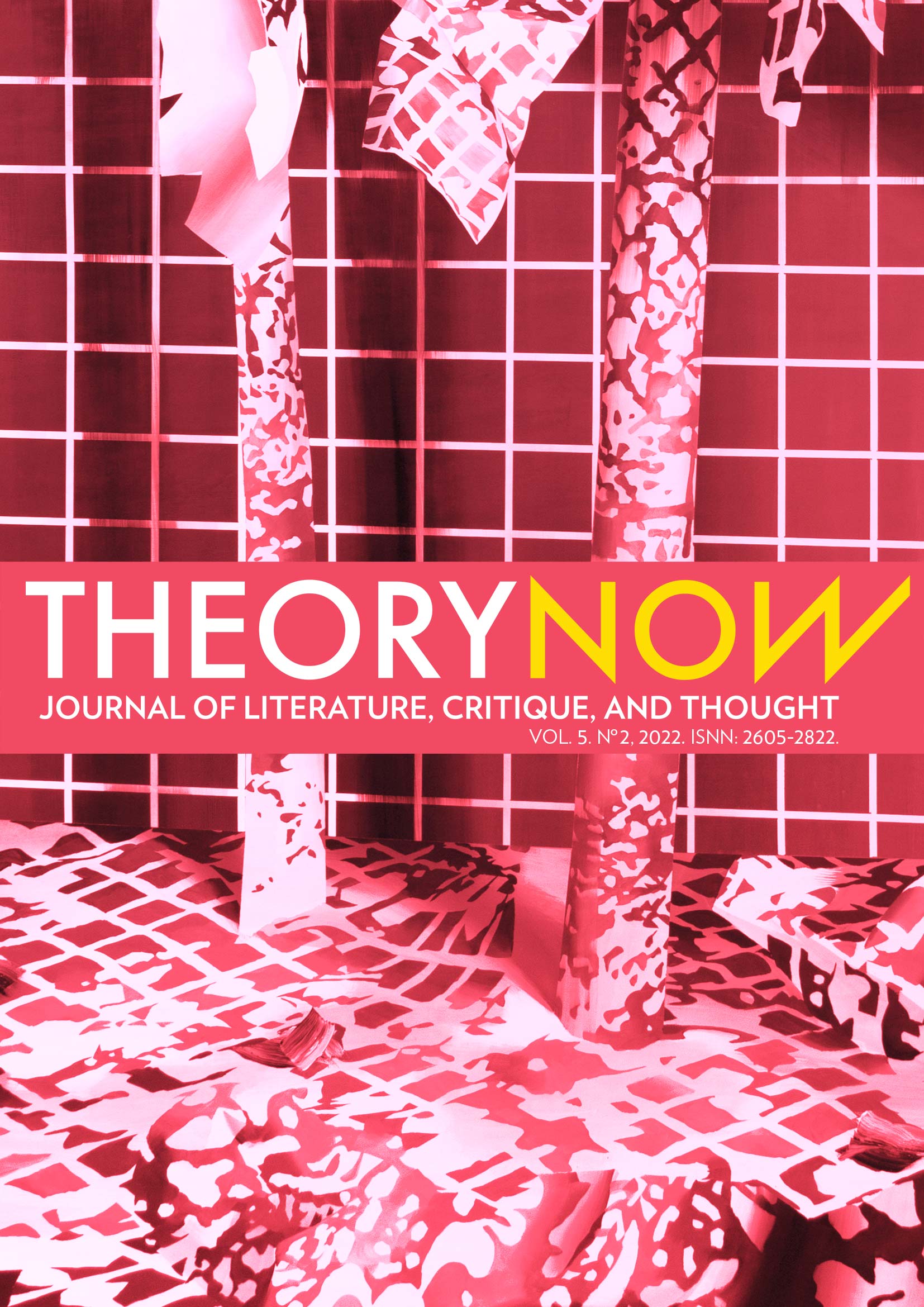“Freedom of Speech” as a Threat to Liberal Democracy: Notes on Stanley Fish’s Critique
DOI:
https://doi.org/10.30827/tn.v5i2.24629Keywords:
Liberal democracy, Stanley Fish, Free speechAbstract
In his polemic and seminal book, There´s No Such Thing as a Free Speech and It´s a Good Thing, Too, Stanley Fish argued that the advocates of an unrestrained, absolute freedom of speech ended up weakening the very same thing they intended to defend: liberal democracy. Following, dissecting and analyzing Fish's arguments, this essay intends to show that, from a philosophical perspective, a universal, strong advocacy of free speech is untenable, since it inevitably slips on utilitarian and consequentialist grounds. From an empirical point of view, too, whilst defending unrestricted free speech, their universalistic advocates systematically fail to stick to the principles on which their position is grounded: tolerance, neutrality and negativity. Instead, their arguments end up being political, partial and partisan, as Stanley Fish helps us to acknowledge. However, contrary to Fish's conclusions, this essay argues that it is precisely that partisan logic, that political struggle, that makes unwise to fully disregard "free speech" as a higher value.
Downloads
References
Barendt, Eric. Freedom of Speech. Oxford, Oxford University Press, 2005.
Berlin, Isaiah. “Dos conceptos de libertad”. Translated by Julio Bayón. Cuatro ensayos sobre la libertad. Madrid, Alianza, 1998.
Dworkin, Ronald. Freedom ́s Law. The Moral Reading of the American Constitution. Oxford, Oxford University Press, 1999.
Fish, Stanley. “Interview with Stanley Fish”. Australian Humanities Review, 1998. <http://australianhumanitiesreview.org/1998/02/01/there-is-no-such-thing-as-free-speech- an-interview-with-stanley-fish/> [Accessed 01 December 2018].
____. “Boutique Multiculturalism, or Why Liberals are Incapable of Thinking About Hate Speech”. Critical Inquiry, vol. 23, no. 2, 1997, pp. 378-395.
____. There ́s No Such Thing as a Free Speech and It ́s a Good Thing, Too. Oxford, Oxford University Press, 1994.
Gray, John. “Introduction”. On Liberty and Other Essays, John Gray (ed.). Oxford, Oxford University Press, 1998.
Greenawalt, Kent. “Free Speech Justifications”, Columbia Law Review, vol. 89, no. 1, 1989, pp. 119-155.
Keane, John. The Media and Democracy. Cambridge, Polity Press, 1991.
MacKinnon, Catharine A. Only Words. Cambridge (MA), Harvard University Press, 2000.
Mill, John Stuart. “Of the Liberty of Thought and Discussion”. On Liberty and Other Essays, John Gray (ed.). Oxford, Oxford University Press, 1998.
Parekh, Bhikhu. “Hate speech Is there a case for banning?”, Public Policy Research, vol. 12, no. 4, December 2005–February 2006, pp. 213-223.
Robertson, Michael. “Principle, Pragmatism and Paralysis: Stanley Fish on Free Speech”, Canadian Journal of Law and Jurisprudence, vol. 16, no, 2, 2003, pp. 287-315.
Sandel, Michael J. Liberalism and the Limits of Justice. New York, Cambridge University Press, 1998.
Scanlon, Thomas Michael. “Freedom of Expression and Categories of Expression”, University of Pittsburgh Law Review, vol. 40, 1979, pp. 519-550.
Shauer, Frederick. “The First Amendment as Ideology”, William and Mary Law Review, vol. 33, no. 3, 1991.
Downloads
Published
How to Cite
Issue
Section
License
Theory Now. Journal of Literature, Critique, and Thought is an immediate open-access publication which is available at no cost for readers and authors alike. Authors are not charged any kind of fee for the editorial processing of their articles. Reading, downloading, copying, distributing, printing, searching, linking or reusing all published articles for non-commercial uses is allowed on the condition of citing the author, the journal and the editing body. All intellectual material published in this journal is protected under a Creative Commons Attribution-NonCommercial 3.0 Spain license.
Dissemination of the articles in social (Facebook, Twitter, Linkedin, etc.) and scientific networks (ResearchGate, Academia.edu, etc.), public repositories at universities and other institutions, blogs, personal or institutional websites, Google Scholar, ORCID, ResearchID, ScopusID, etc. is strongly encouraged. In all cases, the intellectual property of the articles and any possible monetary profits derived from them belong exclusively to the authors.













